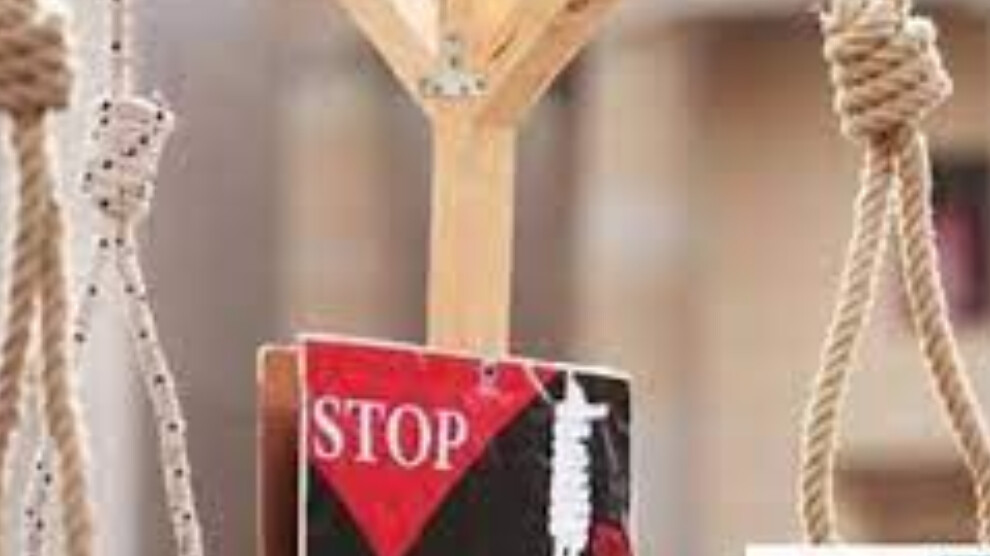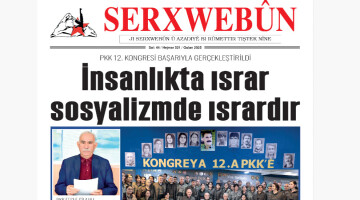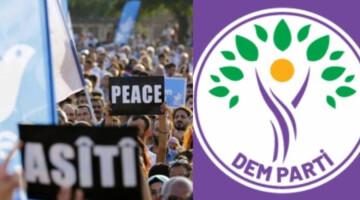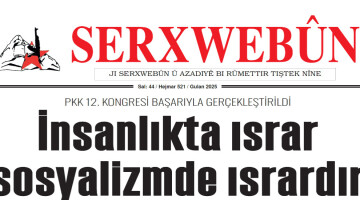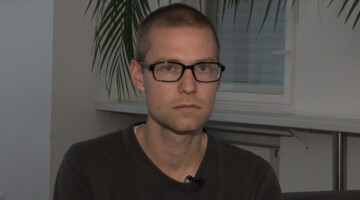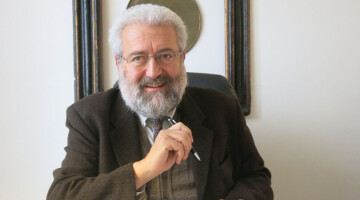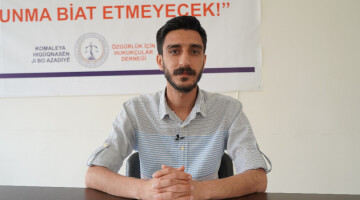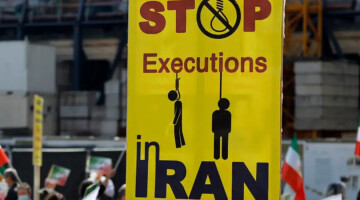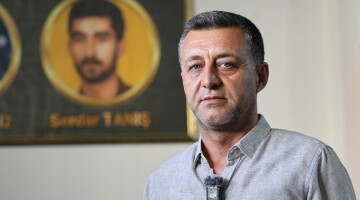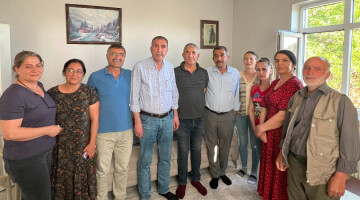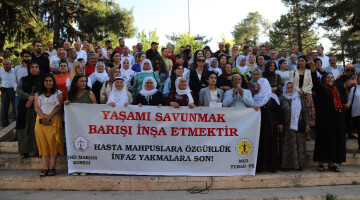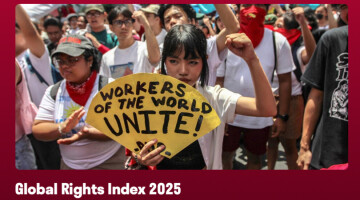The Campaign to Free Political Prisoners in Iran (CFPPI) expressed deep concerns about the upcoming visit of Ms Al Nashif, the deputy of the Office of the United Nations High Commissioner for Human Rights (OHCHR), to Iran from 3 to 5 February. Similar concerns have been echoed by various human rights advocates. Despite the persistent daily executions and well-documented human rights violations by the Islamic regime in Iran, this visit risks inadvertently legitimizing a regime with a history of crimes against humanity.
The CFPPI said in a statement: "The OHCHR's scheduled discussions on the violation of human rights in Iran, particularly regarding the situation of women and executions, come at a critical stage. The visit precedes the fifty-fifth session of the Human Rights Council in February 2024, where the Fact-Finding Mission on Iran is set to submit its report on the arrest, torture, and execution of demonstrators involved in the 2022-2023 protests, following the death in custody of Mahsa Jina Amini.
The regime's execution of prisoners daily, with at least 800 executions reported in 2023 alone, underscores the urgent need for accountability. Since the establishment of the Fact-Finding Mission on Iran in 2022, the Islamic regime, as it has always done, tortured the political prisoners to confess that they had killed a security guard and they used that in sentencing the political prisoners to death by hanging. This is a known fact that the Islamic regime is trying to fabricate their reason for executing political prisoners to claim that they have a “legitimate reason” to sentence these political prisoners to death."
The CFPPI has always advocated for independent UN visits to prisons, the statement said, adding: "We emphasize that the OHCHR's visit could be beneficial if the following preconditions are met; otherwise, it risks becoming an instrument of propaganda for the Islamic regime in Iran and must be cancelled.
CFPPI urges OHCHR to demand the following preconditions from the Islamic regime before they visit Iran on February 3rd, 2024:
1. Allow independent visits to prisons, such as Evin prison, without the presence of Islamic regime officials or prison guards, ensuring access to political prisoners.
2. Permit independent visits with political prisoners sentenced to death, including individuals such as Mojahed Kour Kour, Reza Rasaee, Farshid Hoseinzehi, Pejman Fatehi, Vafa Azarbar, Mohammad Faramarzi, Mohsen Mazlum, Mansour Dehmardeh, Anvar Khezri, Kamran Sheikha, Khosro Besharat, and Yousof Ahmadi.
3. Allow independent visits with the families of those sentenced to execution.
4. Publicly announce that Ms. Al Nashif will not wear a hijab during her visit, symbolizing solidarity with Iranian women facing gender apartheid, persecution, and suppression. Wearing the hijab is seen as supporting the regime's brutality against women."

